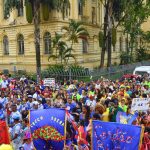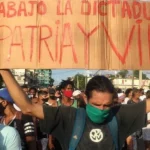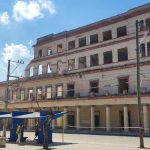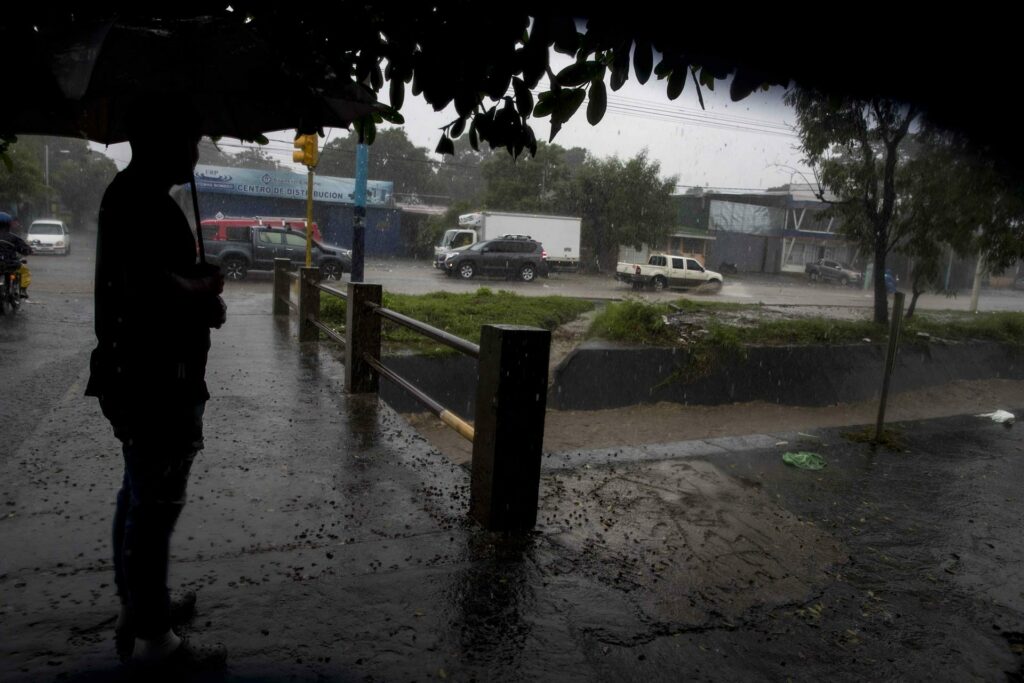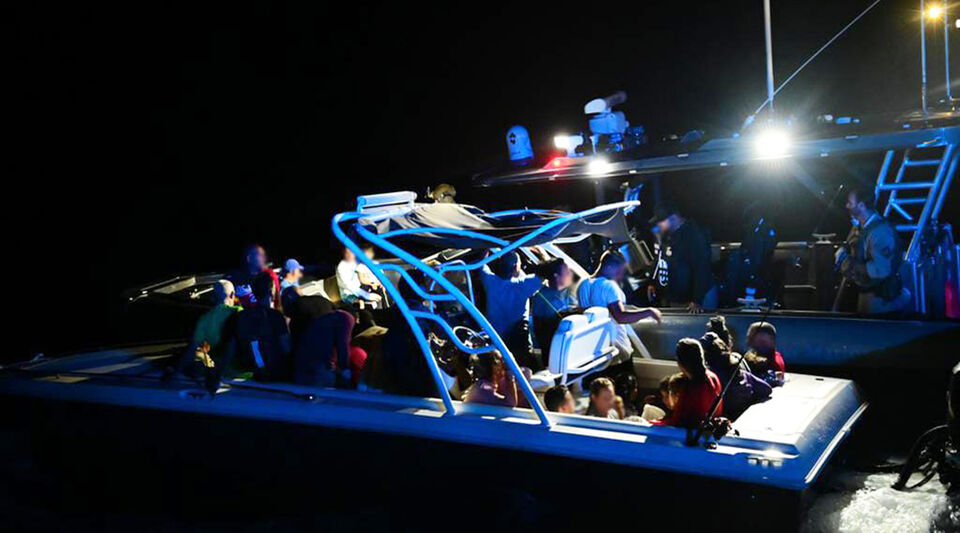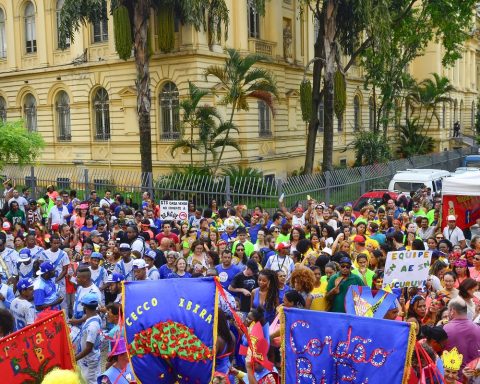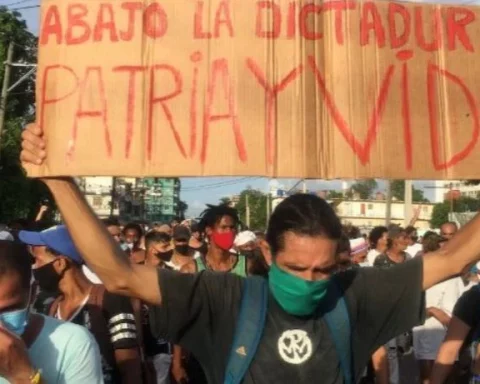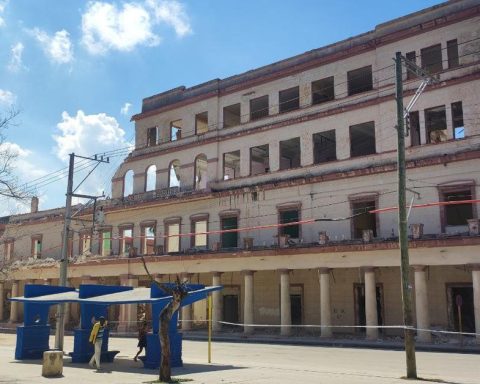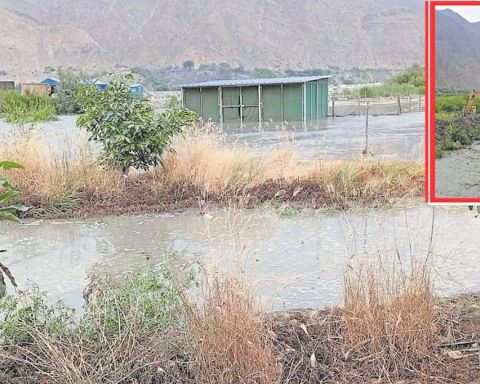Carlos F. Chamorro*
F
relatives of prisoners of conscience in Nicaragua and human rights defenders have confirmed that 23 political prisoners, three in El Chipote and 20 in the Modelo prison, have started hunger strikes, at the risk of deteriorating their health, demanding the suspension of the solitary confinement and torture imposed more than a year ago by Daniel Ortega.
This is an extreme protest action, which would not be necessary if the prison system were open to inspection by national and international human rights organizations. But the Directorate of Judicial Assistance of the Police, known as El Chipote, although technically it is a temporary investigation center, in practice it has become a permanent torture prison that has been closed to the IACHR, Oacnudh, the ICRC and the UN Commission of Independent Experts. In El Chipote, political prisoners only have the right to a two-hour family visit every 45 days, they are denied a balanced diet and specialized medical care, and access to books, pens or notebooks to read and write is prohibited.
So the hunger strike that the political prisoners have resorted to, as a last resort, is a call to the national conscience and to the international community to reject the normalization of torture. Demanding that prisons be opened up to international scrutiny is the first step in overthrowing a prison system that symbolizes the cruelty and dehumanization of the presidential couple, whose absolute power based on repression has no other limit than their thirst for revenge, fear of liberty and its moral decrepitude.
Dora María Téllez, 66, a heroine in the fight against the Somoza dictatorship in the last century, who is already facing serious weight loss and chronic health ailments, demands through her fast that the solitary confinement regime be ended by that she and three other Unamos leaders have been subjected to more than 475 days in jail. She also demands that all prisoners be granted the right to read and that they be allowed to sign a legal power so that their relatives can withdraw the social security pension that corresponds to them by law.
The relatives of Suyén Barahona, another political prisoner subjected to solitary confinement for more than 475 days, started the campaign a call for Suyén
to allow him to have an audio and video call with his five-year-old son.
The journalist and blogger Miguel Mendoza, imprisoned for 467 days, began a fast so that the regime allows him the visit of his nine-year-old daughter.
The lawyer Róger Reyes, imprisoned for more than 400 days, began a hunger strike, demanding the right to visit his minor daughters who are sick.
Prisoners of conscience Miguel Mora and Tamara Dávila have already gone through the martyrdom of a hunger strike to obtain the right to a visit from their minor children, but the regime did not institute it as a right for all. In El Chipote and other prison centers, the minimum Nelson Mandela rules of the United Nations for the treatment of inmates are violated, and an isolation system has been imposed that medical specialists have described as torture
which causes irreversible physical and psychological damage to prisoners.
The demand of the 23 fasting political prisoners for an end to isolation is, therefore, a humanitarian imperative to preserve their health, while the political trials are annulled so that all can regain their freedom.
After the death of the political prisoner Hugo Torres in police custody in February of this year, no political prisoner should be forced to expose their health in a hunger strike, to demand the end of the regime of cruelty. However, this Wednesday, September 28, in his speech on the anniversary of the National Police, Ortega tried to justify the system of torture against political prisoners as one of the pillars of his regime. The dictator described terrorists
to the prisoners who are in jail for demanding free elections and attacked the Catholic Church, the Pope and the Secretary General of the UN, who demand an end to the repression. But his most virulent attack was against Chilean President Gabriel Boric, one of the leaders of the democratic left in Latin America, who, like Colombian President Gustavo Petro, has demanded the release of Nicaragua’s political prisoners.
In the Orwellian language of Ortega and Rosario Murillo, by invoking human rights as universal values and condemning their regime of cruelty, Boric and Petro act as lapdogs of imperialism. His family dictatorship, increasingly isolated in Nicaragua and in the world, aligned with Russia, Iran, North Korea, China, Cuba and Venezuela, cannot offer a national solution, but only a dynastic succession. Ortega can prolong the agony of his regime for a while, imposing more pain and suffering on the Nicaraguan people, but he cannot excuse the failure of his government, which can only stay in power with political prisoners and a police state.
Nor does it accept a negotiated political solution or a dialogue with the international community. By rejecting Gustavo Petro’s humanitarian effort to free political prisoners and by expelling the ambassador of the European Union, Bettina Muschdeit, Ortega continues to blow up bridges, because he knows that no one can offer him impunity for crimes against humanity that are imprescriptible. . Like the tyrants on the brink of the abyss, he is determined to radicalize repression and close all political space. His objective is to unite his fans with his hard political core, but in this leap forward he is also alienating the support of the Sandinistas themselves and of the civil and military public servants who are not committed to the massacres and the corruption.
Faced with this impasse, the hunger strike of the political prisoners represents a living flame of national resistance. A dramatic call to break the silence, which demands extraordinary international pressure, not to try to appease the tyrant, but to suspend the solitary confinement and torture in prison. It is the first step to achieve the release of prisoners of conscience, who embody the hope of democratic change in Nicaragua.
* Nicaraguan journalist






